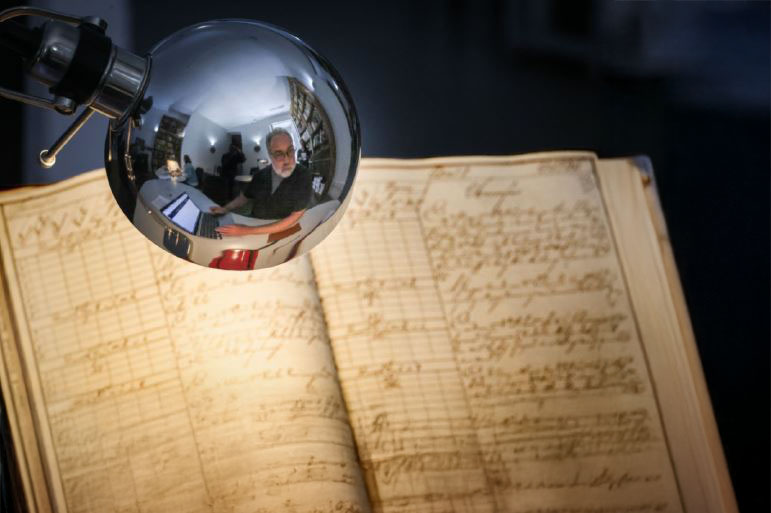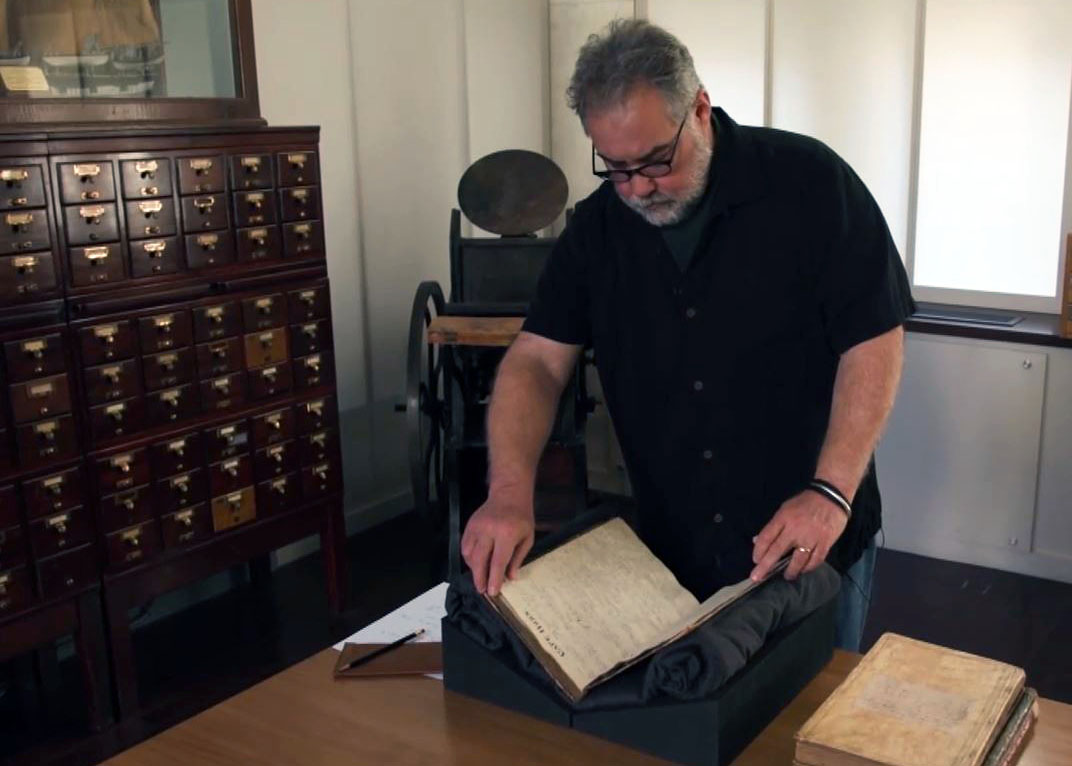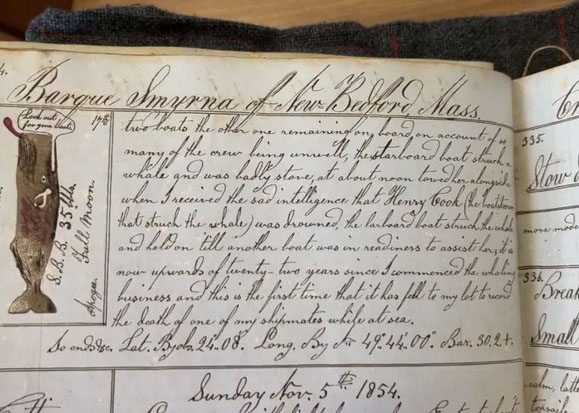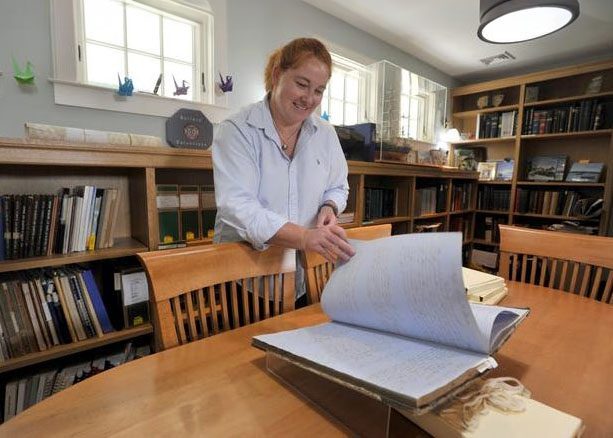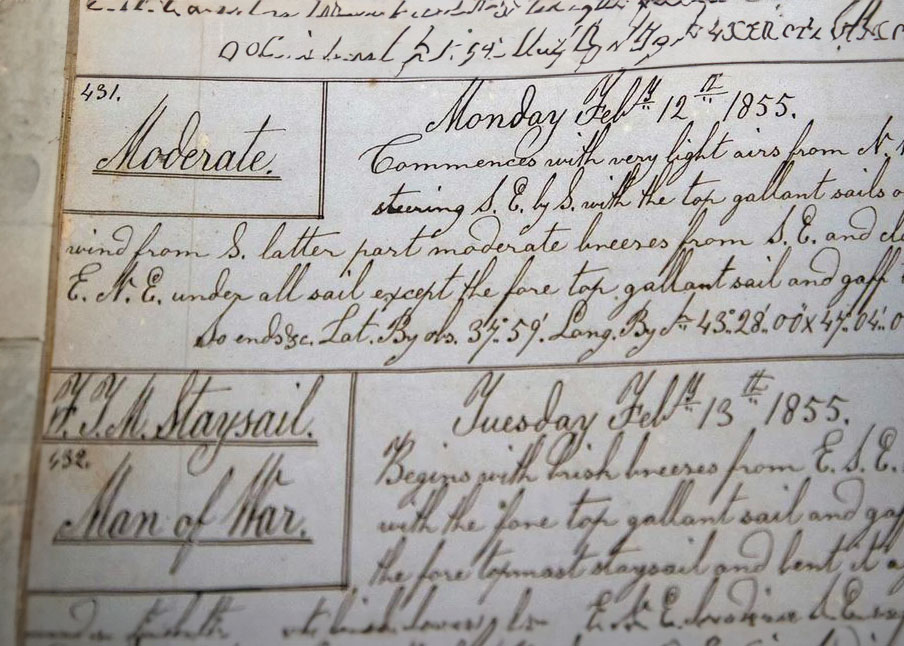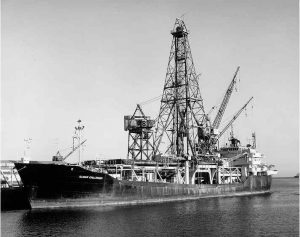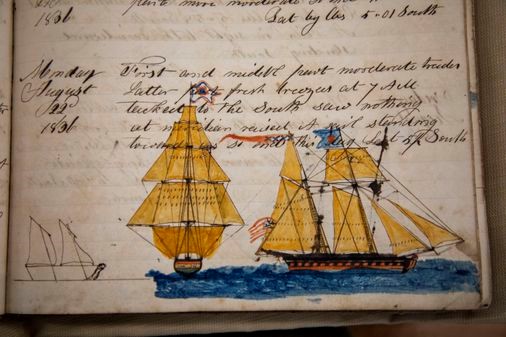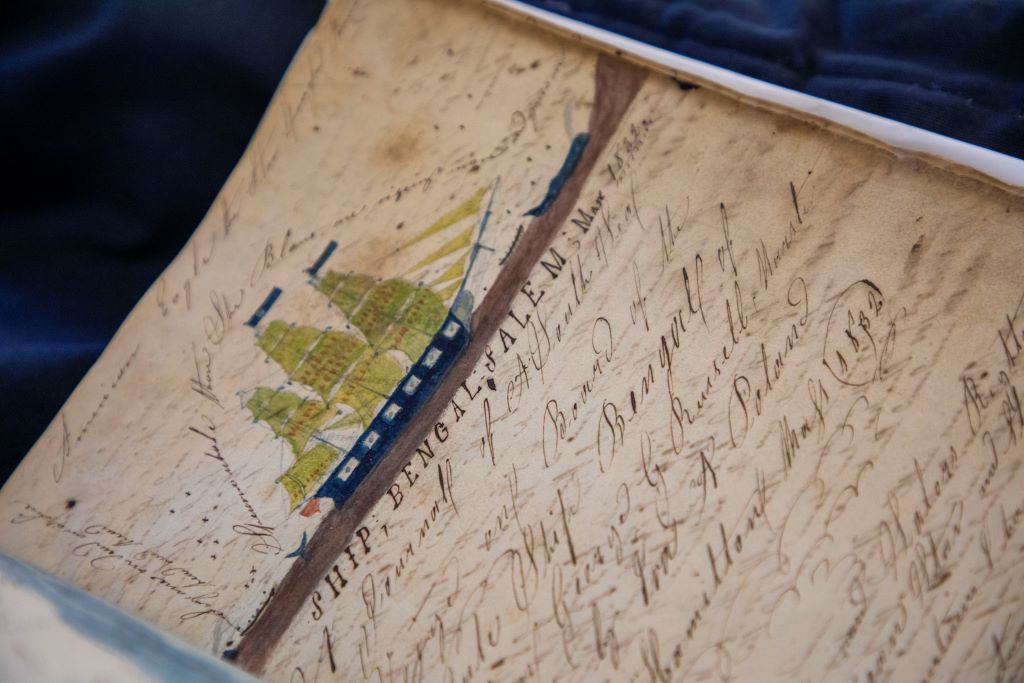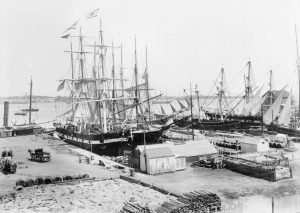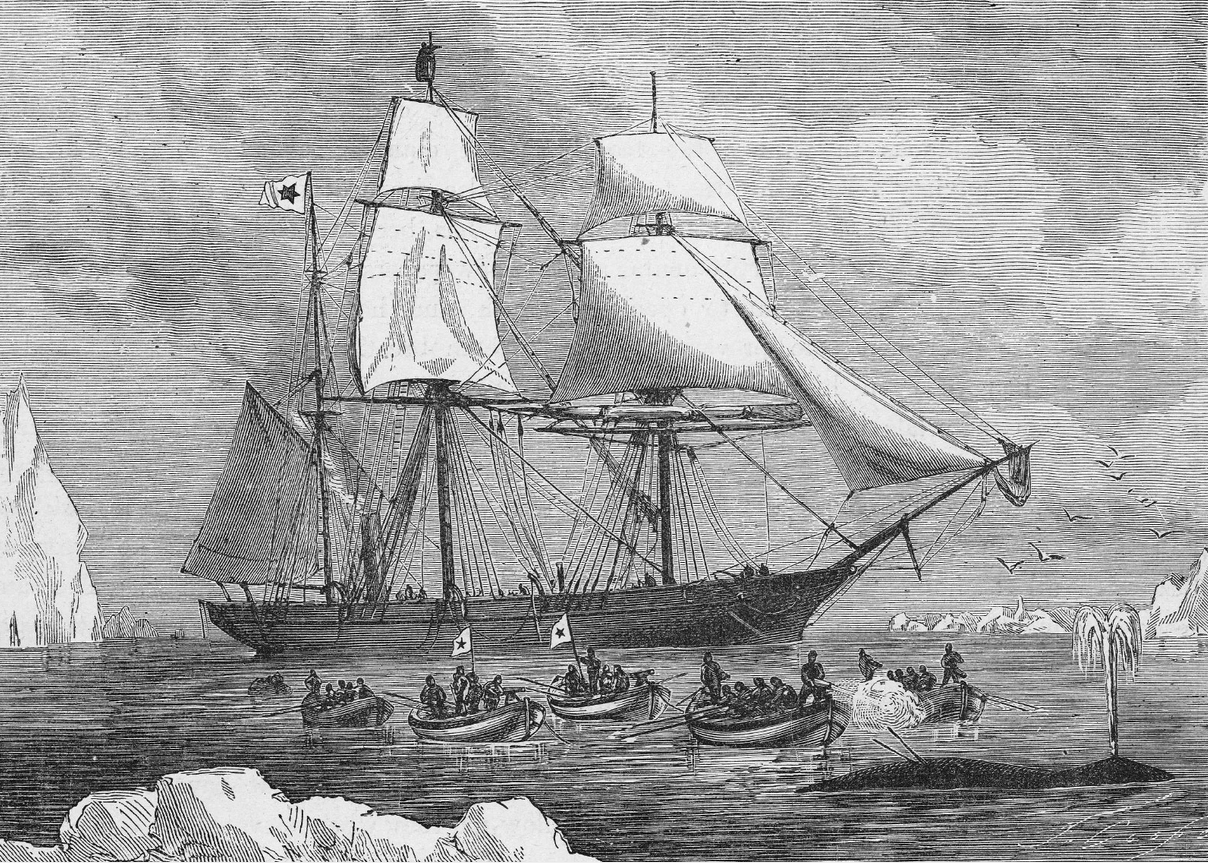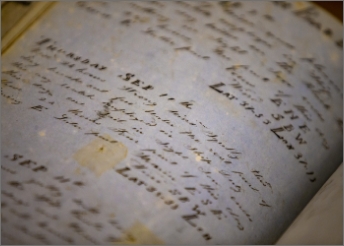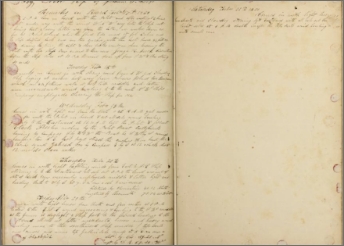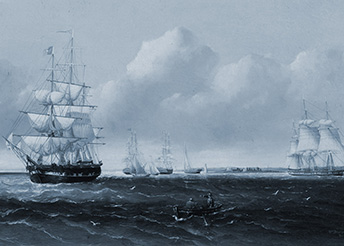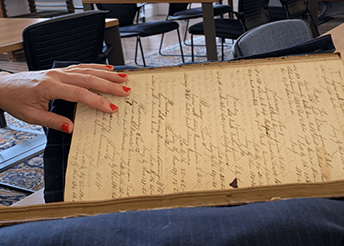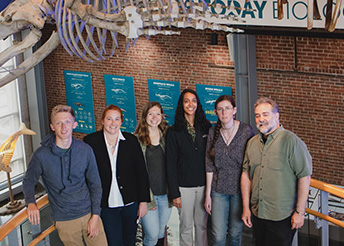PUBLICATIONS AND PRODUCTS
Ummenhofer CC. (2019). Mining historical and environmental archives for climate information. Poster at 9th Bonn Humboldt Award Winners’ Forum “Frontiers in Biogeography, Ecology, Anthropology, and Evolution. Humboldt and the ‘Cosmos’ revisited in the 21st Century”, Oct. 16-20, 2019, Bonn, Germany.
Ummenhofer CC and Walker TD (2021). Mining five centuries of climate and maritime weather data from historic records. NAS Ocean shot contributions for U.S. Launch of U.N. Decade of Oceans, Feb. 2021.
Ummenhofer CC, Münch B, Meeker E, Johnson V, and Walker TD. (2022). Historic changes in Southern Hemisphere wind patterns since the late 1700s from reanalyses and American whaling ship logbooks. Oral presentation for 13th ICSHMO Conference, Feb. 8-12, 2022, Christchurch, NZ.
Walker TD (2019). Team up to study climate change. Historic Nantucket, 69 (2), 31.
Walker TD and Ummenhofer CC. (2019). Assessing historic changes in climate in the Indian Ocean using American whaling logbooks and other New England maritime archival sources (circa 1785-1910). Biennial Whaling History Symposium, Apr 27-28, 2019, New Bedford, MA, USA.
Walker TD, and Ummenhofer CC. (2024). Extracting global maritime weather data from New England whaling and Portuguese Navy logbooks (1740-1960). Mainsheet, 1, 108-123, doi:10.61355/001c.94790. Reprint
